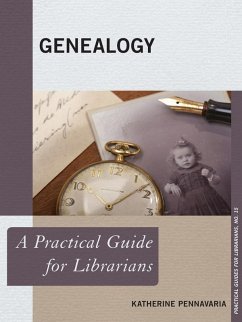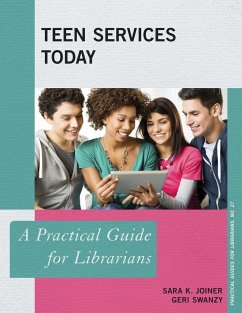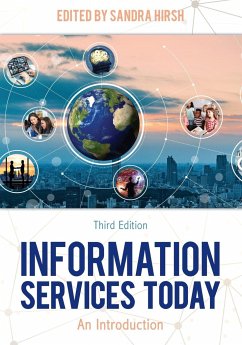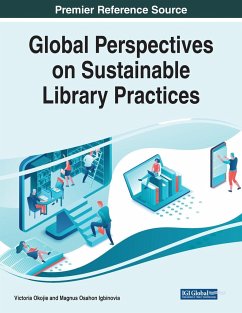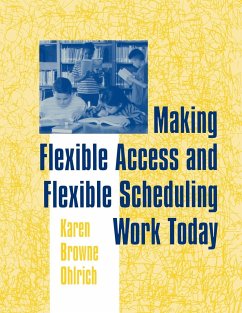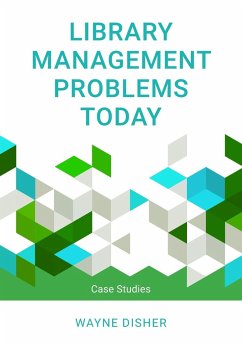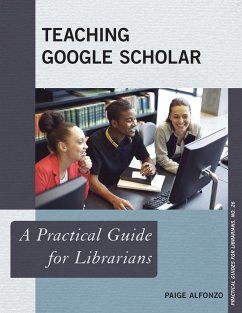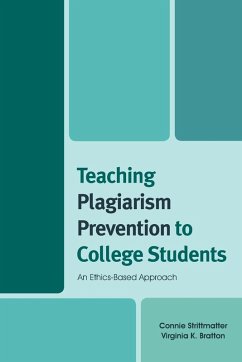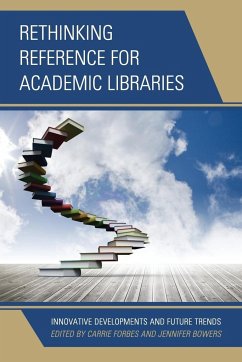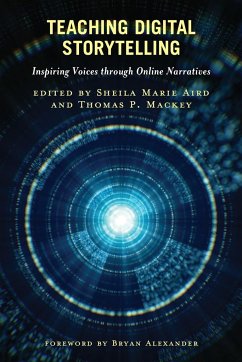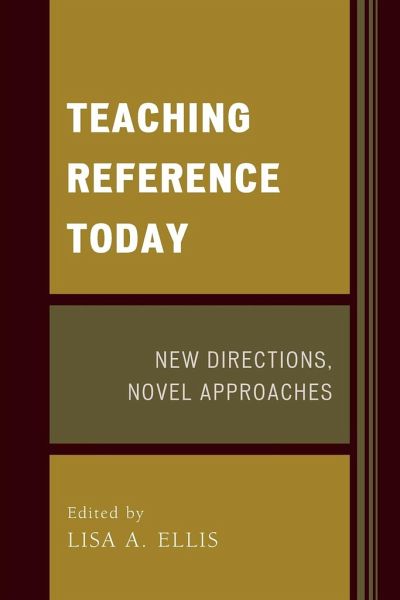
Teaching Reference Today
New Directions, Novel Approaches
Herausgeber: Ellis, Lisa A.

PAYBACK Punkte
42 °P sammeln!
Reference and Information Services, if it may still be referred to by this term, is an evolving outreach service in libraries. This is not only due to Google and the Internet, but also other technological advances afford users online access to a plethora of content, free and proprietary. This evolution has also caused a shift in the theories and practices (especially, core functions and values) of reference and information services as library schools seek greater alignment with practitioners and libraries on the forefront of these changes. As academics and practitioners work together to educat...
Reference and Information Services, if it may still be referred to by this term, is an evolving outreach service in libraries. This is not only due to Google and the Internet, but also other technological advances afford users online access to a plethora of content, free and proprietary. This evolution has also caused a shift in the theories and practices (especially, core functions and values) of reference and information services as library schools seek greater alignment with practitioners and libraries on the forefront of these changes. As academics and practitioners work together to educate library students on the kinds of changes happening in reference and information services, they are rethinking their curriculum and assignments to incorporate real-world challenges adaptive to user needs. Likewise, libraries may work through their regional library consortia to plan professional development workshops or training sessions to teach new skills and methods of approach required for such changing services. Here's a tool for library school instructors, library students, professional development instructors, and current librarians poised to change, which specifically addresses the pedagogy of reference and information services in flux.





